
Tourism Management - Tourism Insights and Strategies
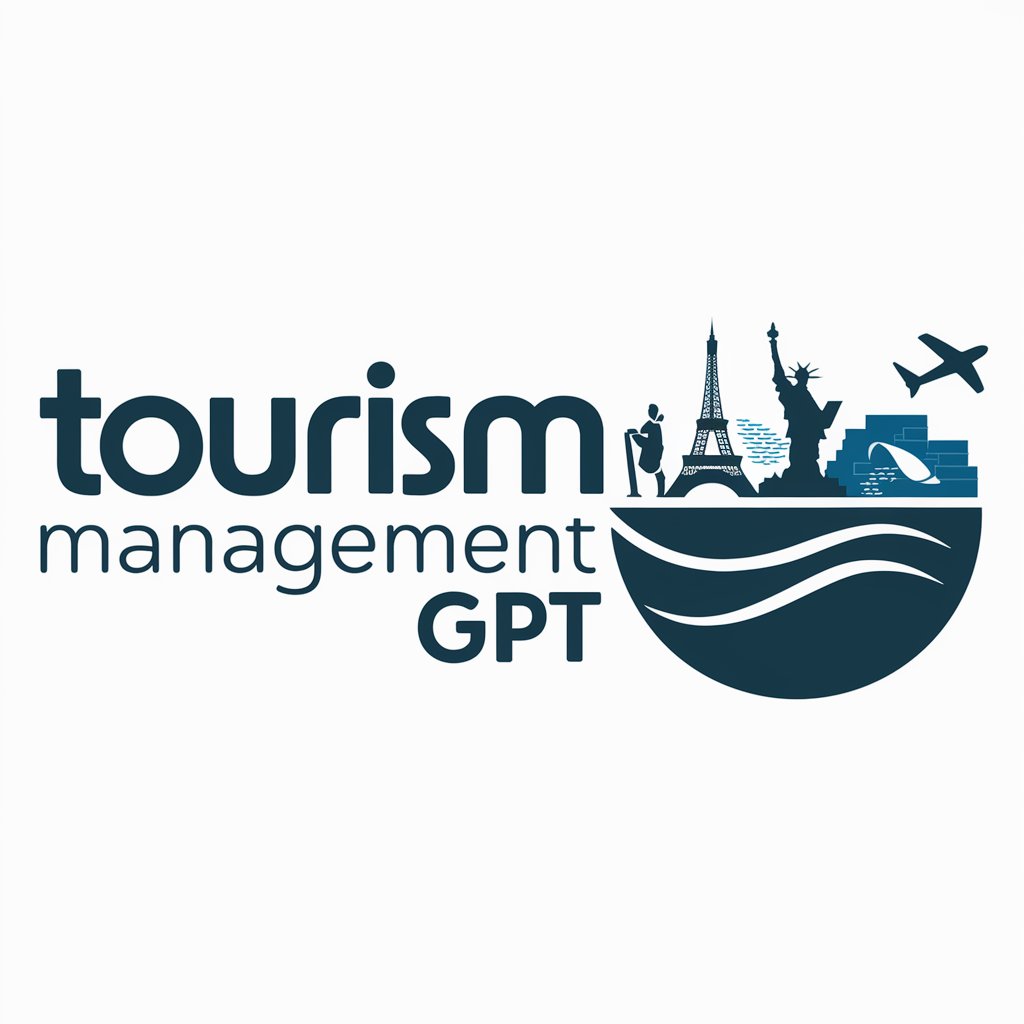
Welcome! Let's enhance your tourism business together.
Empowering Tourism with AI Insights
How can I effectively promote a new tourist destination?
What are the best practices for sustainable tourism?
Can you suggest strategies for managing tourist attractions during peak seasons?
What are some innovative marketing ideas for a boutique hotel?
Get Embed Code
Understanding Tourism Management
Tourism Management refers to the holistic process of developing, promoting, and managing tourist destinations and services, ensuring an enriching experience for visitors while maintaining the sustainability of the environment and local cultures. This field combines elements of marketing, business administration, and hospitality to create destinations and experiences that are attractive, accessible, and rewarding for tourists. For example, the management of a national park involves balancing visitor needs with conservation efforts, including creating informative tours, implementing visitor limits to protect the ecosystem, and promoting off-peak visitation to reduce overcrowding. Powered by ChatGPT-4o。

Core Functions of Tourism Management
Destination Marketing
Example
Developing and executing marketing campaigns for a coastal city to attract beach lovers and water sports enthusiasts during the summer season.
Scenario
Utilizing social media, travel blogs, and partnerships with travel agencies to highlight the city's unique attractions, such as pristine beaches, surfing competitions, and eco-friendly seaside resorts.
Visitor Experience Management
Example
Curating cultural heritage tours in historic towns that showcase local traditions, architecture, and cuisine.
Scenario
Designing guided tour routes that include interactive workshops with local artisans, tasting sessions at traditional restaurants, and visits to significant landmarks, ensuring a memorable and immersive experience for tourists.
Sustainability Initiatives
Example
Implementing eco-friendly practices in a popular mountain resort to minimize environmental impact.
Scenario
Introducing measures such as solar-powered accommodations, waste recycling programs, and promoting nature conservation activities among visitors, thereby enhancing the destination's appeal to eco-conscious travelers.
Stakeholder Coordination
Example
Facilitating collaboration between local businesses, government agencies, and community groups to support tourism development.
Scenario
Organizing regular meetings to discuss tourism strategies, addressing community concerns about tourism impacts, and launching joint marketing efforts to boost local economy.
Crisis Management and Recovery
Example
Addressing the aftermath of a natural disaster in a tourist area to restore visitor confidence and support recovery.
Scenario
Developing a comprehensive plan that includes clear communication with potential visitors about the situation, the measures taken for safety, and the timeline for recovery, along with promotional campaigns to highlight the area's resilience and the reopening of attractions.
Who Benefits from Tourism Management Services
Destination Marketers
Professionals tasked with promoting a destination. They benefit from tourism management through strategic insights on market trends, branding, and effective advertising channels, aiding in crafting compelling narratives that attract tourists.
Hospitality Providers
Owners and managers of hotels, resorts, and other accommodations. These users gain from understanding visitor expectations, implementing best practices for guest satisfaction, and aligning their services with sustainability principles to meet the demands of modern travelers.
Local Governments and Policy Makers
Authorities responsible for developing and implementing policies that shape the tourism sector. They use tourism management to balance economic benefits with the preservation of natural and cultural resources, ensuring long-term viability and community well-being.
Tour Operators and Travel Agencies
Companies and individuals organizing travel experiences. They rely on tourism management for insights on creating unique, appealing travel packages and for coordination with other service providers, ensuring seamless and enriching experiences for clients.
Cultural and Heritage Site Managers
Custodians of cultural and historical sites seeking to share their value with visitors while preserving their integrity. Tourism management offers strategies for sustainable visitor flow management, educational programming, and engagement with heritage conservation efforts.

How to Utilize Tourism Management
1
Start by visiting yeschat.ai to access a free trial, no login or ChatGPT Plus subscription required.
2
Identify your tourism management needs, whether for destination marketing, attraction management, or enhancing visitor experiences.
3
Explore features tailored to your needs, such as data analysis tools for visitor trends, marketing strategy modules, or sustainable tourism practices.
4
Implement the tool's recommendations and strategies into your tourism management plan, using its insights to inform your decisions.
5
Regularly review and adjust your strategies based on new data and feedback collected through the platform for continuous improvement.
Try other advanced and practical GPTs
QUIZ Builder
Elevate Learning with AI-Powered Quizzes

Hotels
Your AI-powered Travel Companion
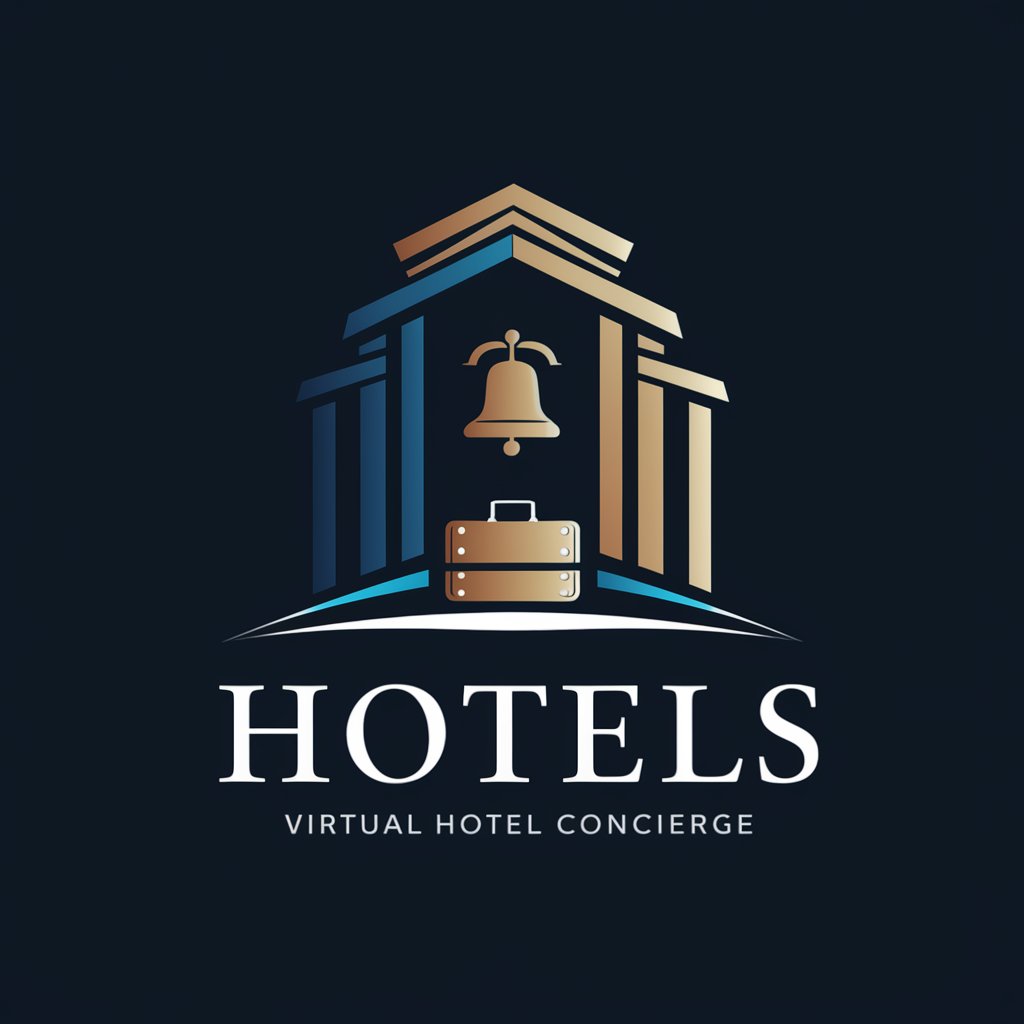
Pioneer
Uncover the Pioneer Spirit with AI

Sensual Guide for You
AI-powered Personalized Sensual Guidance

Dürer's Apprentice
Reviving Renaissance Art with AI

I Ching Sage
Ancient Wisdom for Modern Decisions
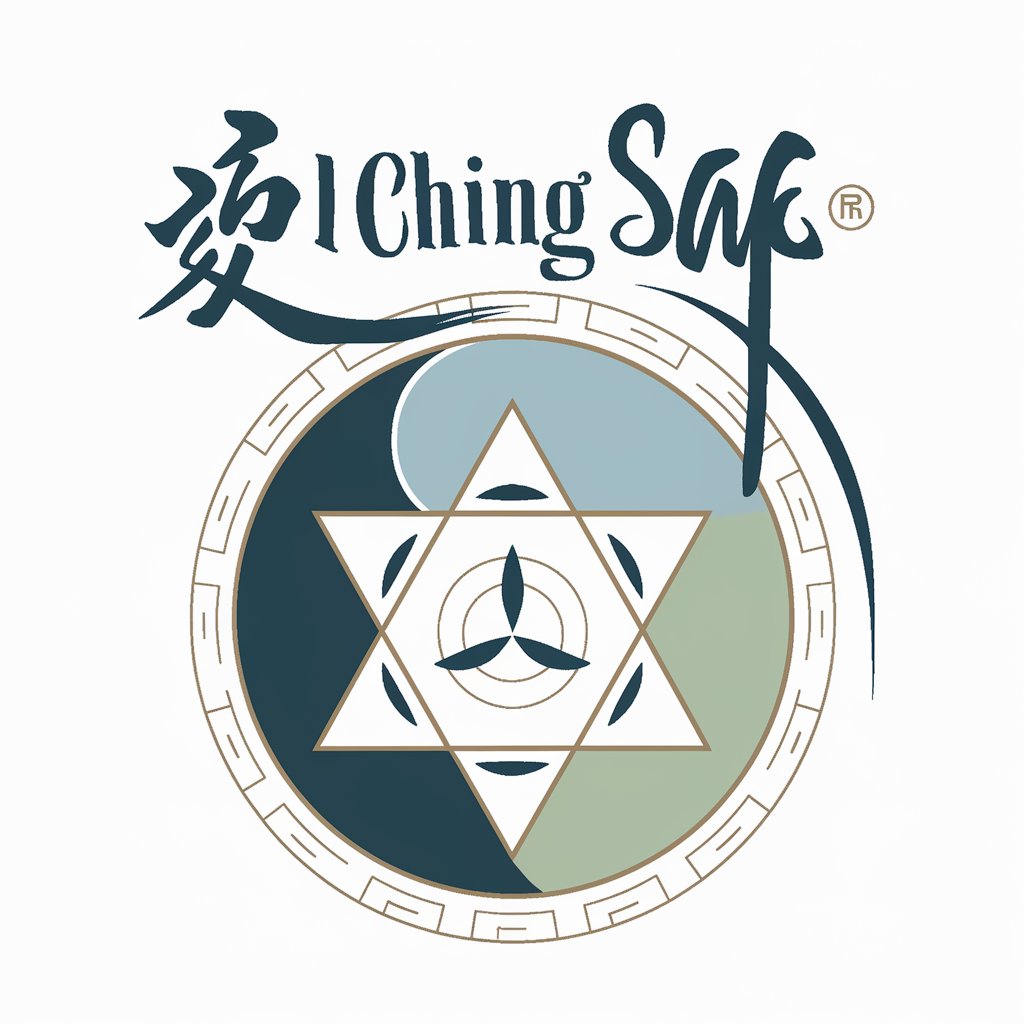
Win the Lottery
Deciphering Luck with AI
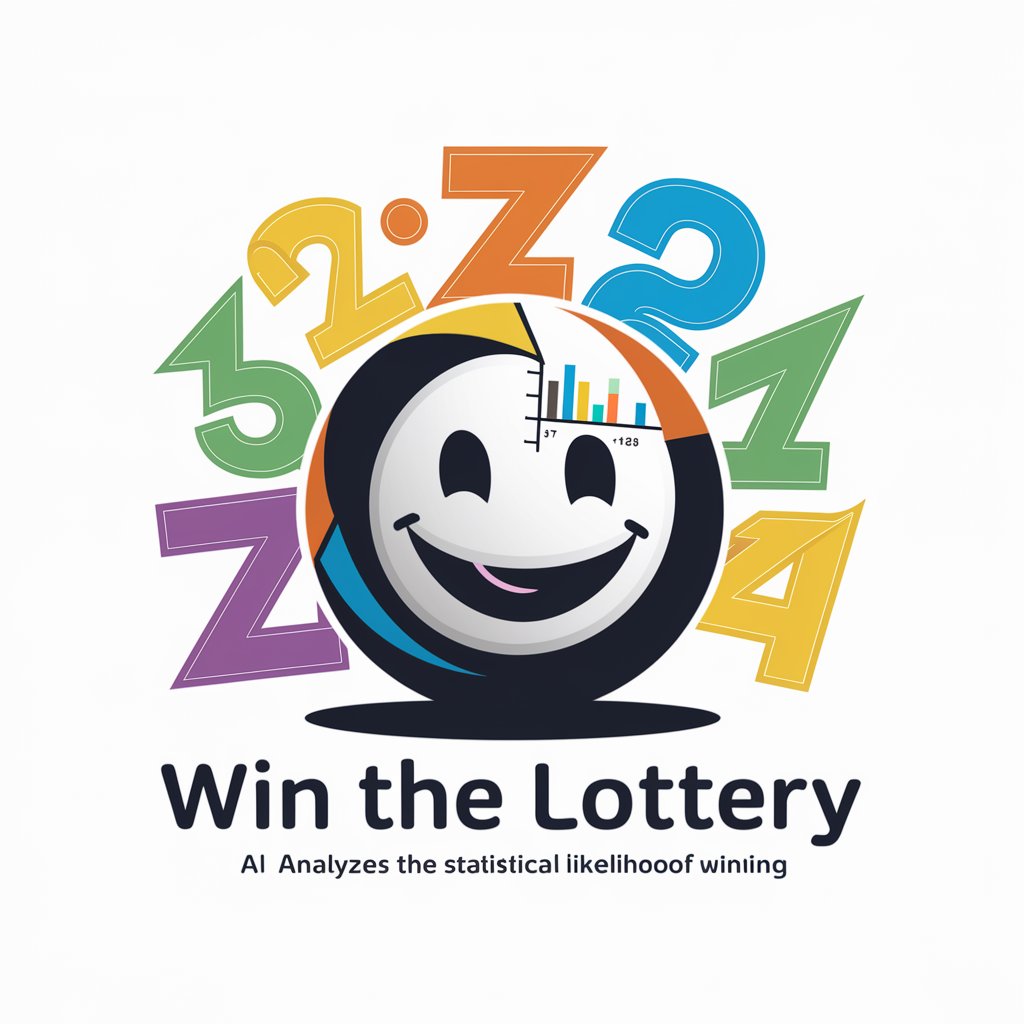
Web Dev Helper
Empowering your web development journey with AI.

モテる男のGPT
Engage, Learn, and Create with AI

Sweet Tea
Brewing the Essence of Sweet Tea with AI

代码翻译助手
Translating Code, Connecting Worlds

Nanny
AI-powered Nanny Hiring Assistant
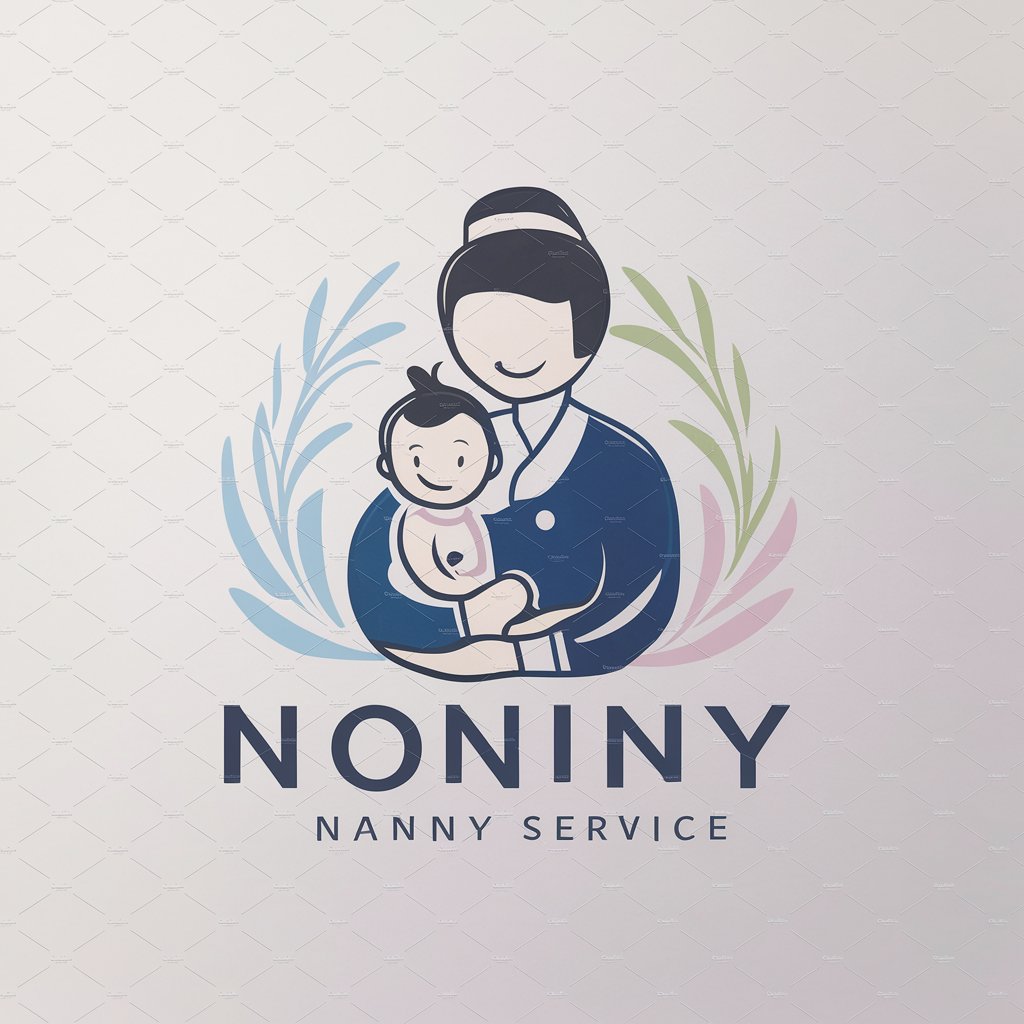
Frequently Asked Questions about Tourism Management
How can Tourism Management help improve visitor experiences?
Tourism Management leverages AI to analyze visitor data and feedback, helping to tailor experiences that meet or exceed expectations. It can suggest enhancements for attractions, accommodation, and services, ensuring memorable visits.
Can Tourism Management support sustainable tourism practices?
Absolutely. It offers tools and insights to promote sustainable practices, from reducing environmental impact to supporting local communities. This includes recommendations for eco-friendly initiatives and ways to involve local businesses in tourism.
How does Tourism Management assist with destination marketing?
The tool analyzes market trends and visitor preferences to develop targeted marketing strategies. It helps identify the most effective channels and messages to attract your ideal visitor demographics.
Is Tourism Management suitable for small tourism businesses?
Yes, it's designed to be accessible for businesses of all sizes. Small enterprises can benefit from its data-driven insights to compete more effectively, attract more visitors, and enhance guest satisfaction.
How does the platform handle data security and privacy?
Tourism Management prioritizes data security and privacy, employing advanced encryption and compliance with global data protection regulations to ensure user and visitor information is safeguarded.